2. August 2021
Agnes Daroczi
Founder of Romedia Foundation
Statement anlässlich des Europäischen Holocaust-Gedenktages für Sinti und Roma 2020
76 years after the Holocaust, I remember over half a million Roma and Sinti who were murdered. I come from Hungary, which was the last ally of Nazi Germany. Here, in Hungary, these atrocities were mentioned among family, at best.
My grandfather was taken for forced labor, as a soldier barely a few weeks before liberation. While he was on the front, his family stayed in their house where a number on the front door showed how many people live there, waiting to be deported to the concentration camp any moment.
These are the experiences of my parents and grandparents. Yet, the entire country kept quiet about this for over fifty years.
Historians barely wrote a sentence about the suffering of Roma during the Holocaust. Then, a project in 2000 financed by the United States provided non-financial support to meet with survivors. We conducted over 3000 interviews and shed light on at least 23 places of mass murder and 55 sites of military and agricultural forced labor camps.
Forced labor camps under the watch of German and Hungarian gendarmes.
Auschwitz Birkenau 2.B.E, night of August 2, 1944, 1500 people were transported, then 1400 more. After the uprising of May 16, the able bodied were selected and over 3000 prisoners were murdered in a single night.
We, who are commemorating together the Roma, Sinti and gadjo, we know very well that freedom and democracy are only possible if those are present in the last houses of the most remote villages.
In a democracy and an aging society like ours, it is in everyone’s interest that the young generation receives quality education. Yes, even the Roma youth because they will contribute to our pensions and they will be the next generation of working people. We have to fight together against extreme ideologies and we cannot allow that the nasty ghost of the past to return.
Let’s bow our heads and remember. And let’s say it together: Never Again!
Biografie
Ágnes Daróczi was born in 18 November 1954 in Berettyóújfalu. She holds a degree as secondary school teacher (1978, ELTE BTK), specialized in Hungarian language and literature. Moreover she is a cultural manager, reciter, journalist and minority researcher.
Stellungnahmen
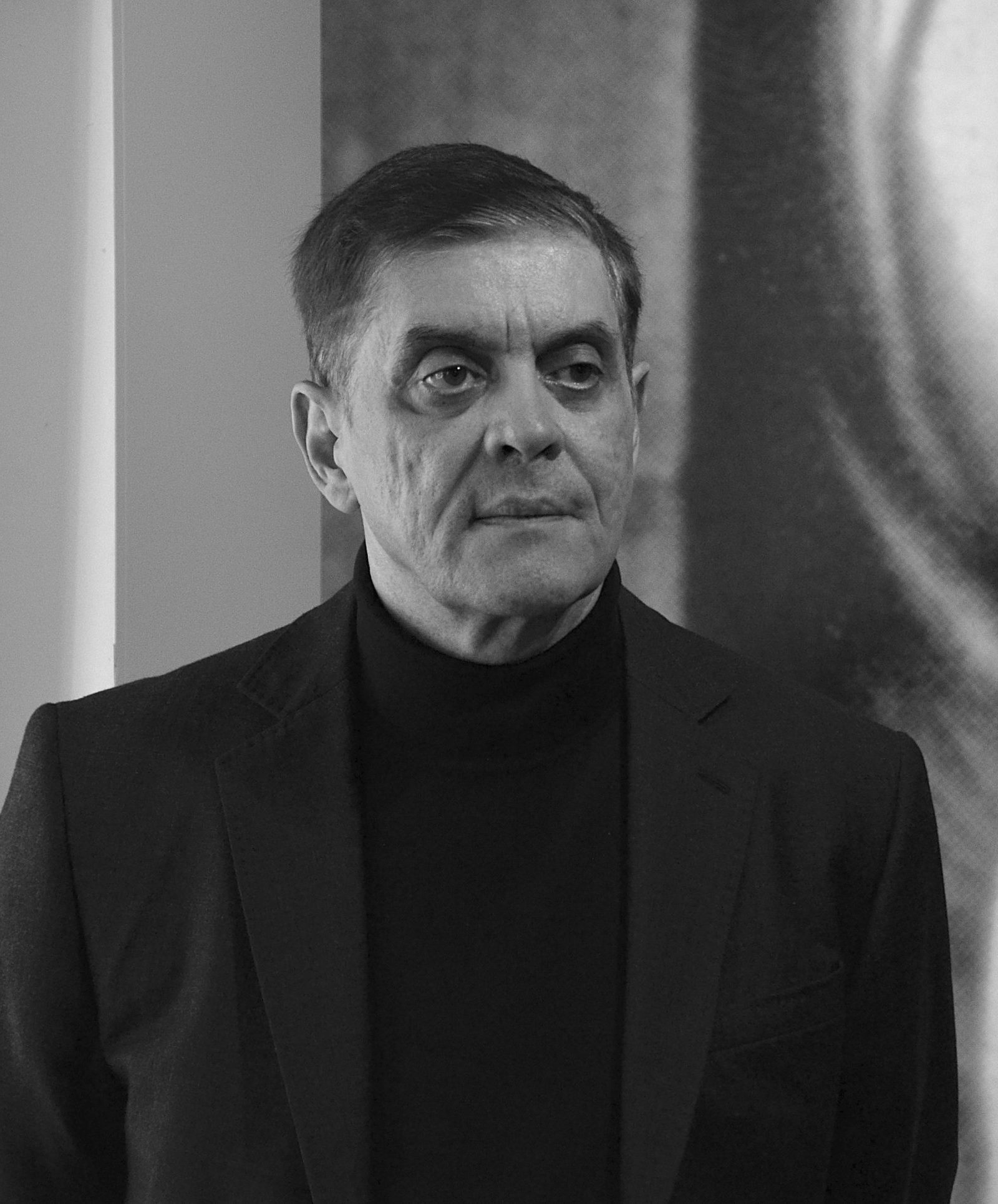
Romani Rose
Vorsitzender des Zentralrats Deutscher Sinti und Roma

Katarina Barley
Vice President of the European Parliament

Helena Dalli
EU-Kommissarin für Gleichstellung
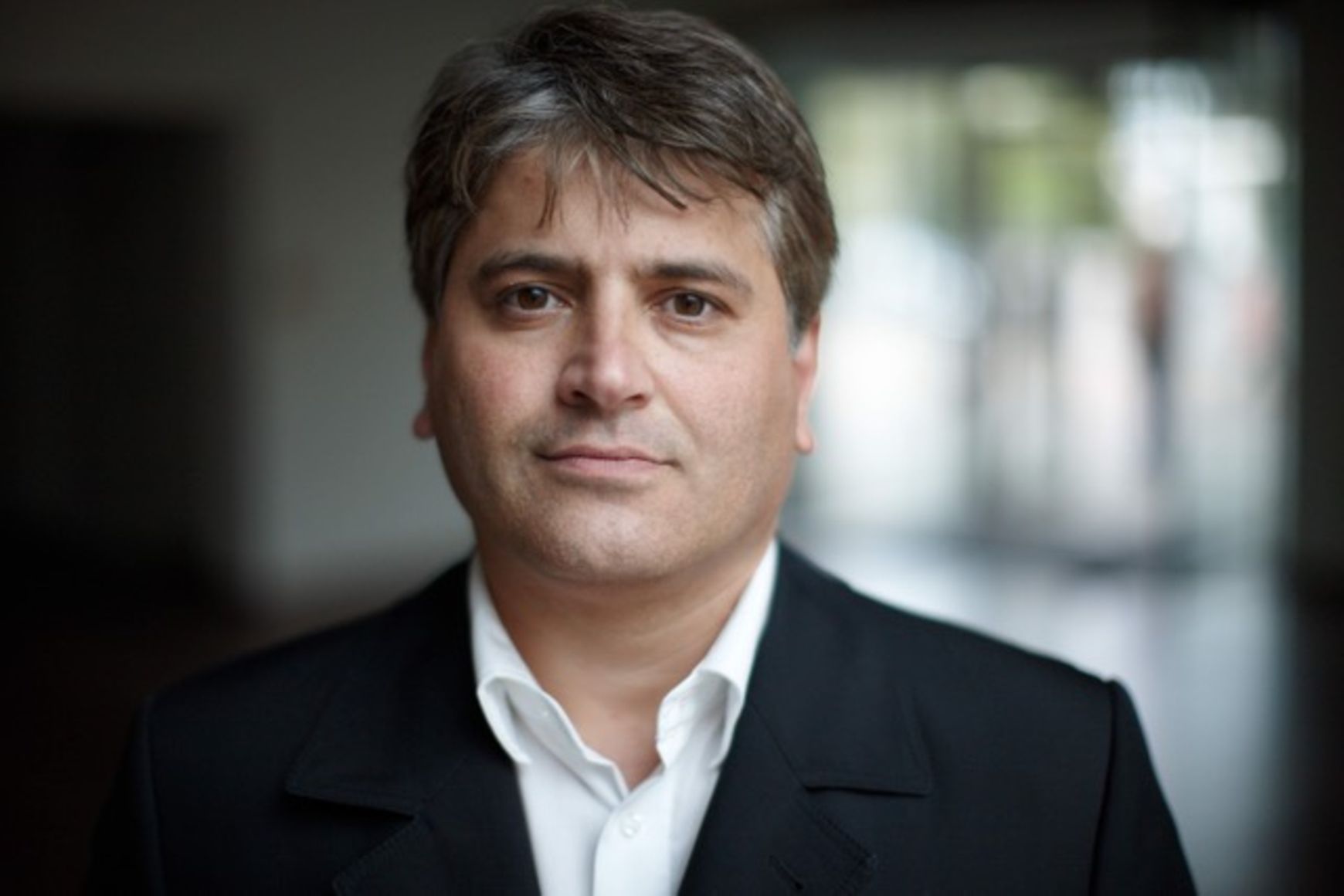
Mehmet Daimagüler
Dr. Mehmet Daimagüler, Antigypsyism Commissioner of the Federal Government

Roberta Metsola
Roberta Metsola, President of the European Parliament
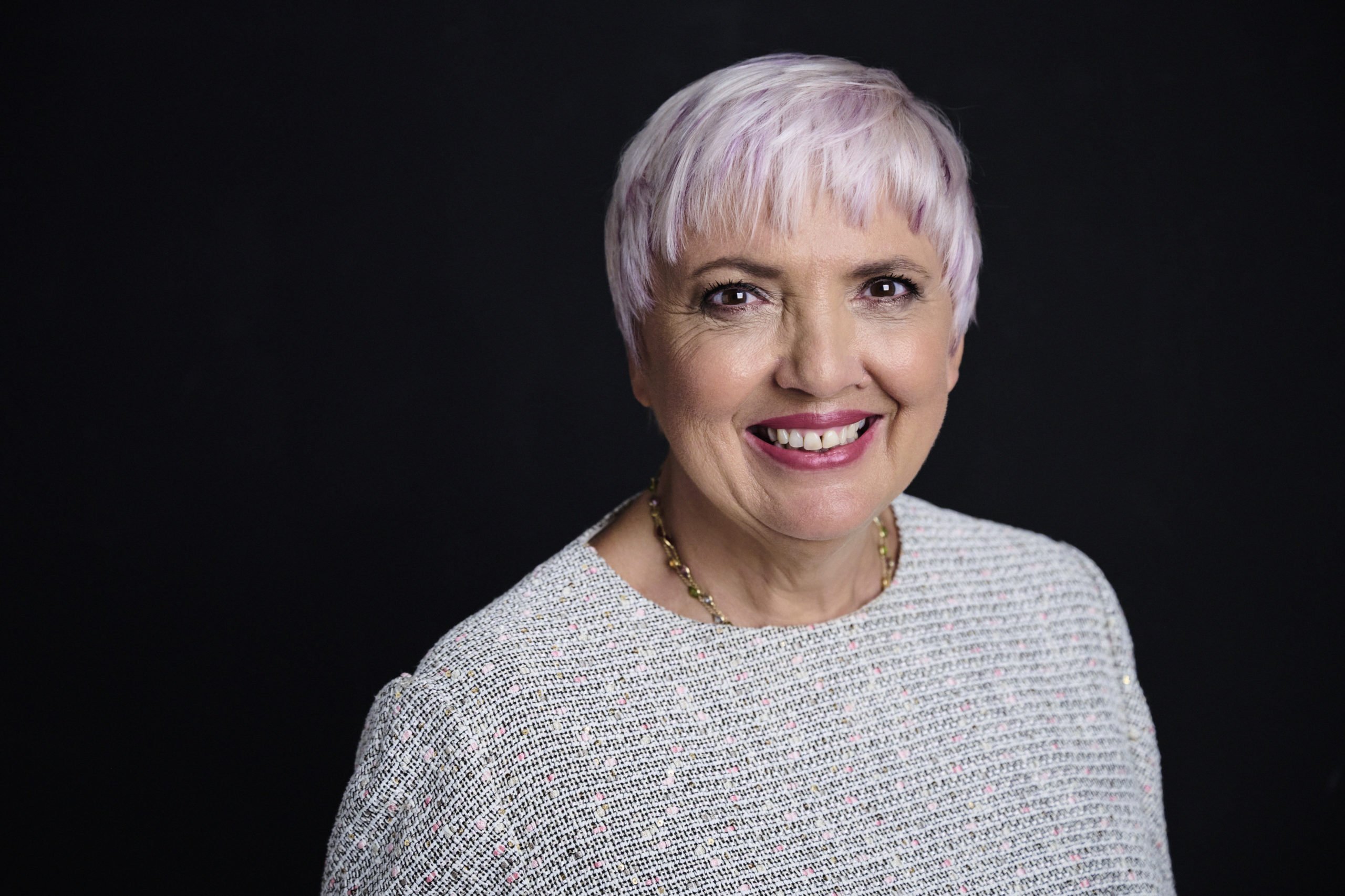
Claudia Roth
Vizepräsidentin des Deutschen Bundestages
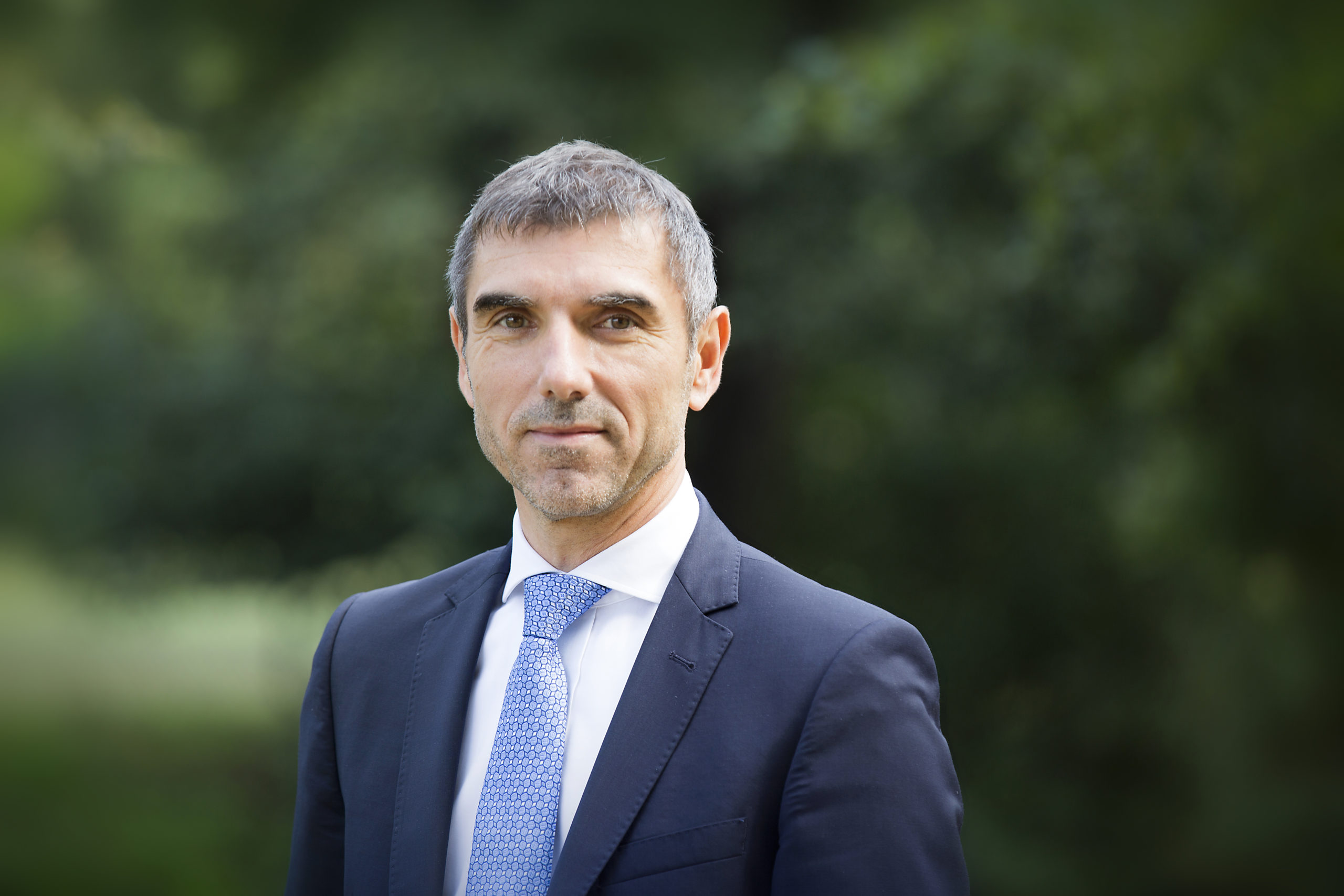
Paul Blokhuis
Dutch State Secretary Paul Blokhuis
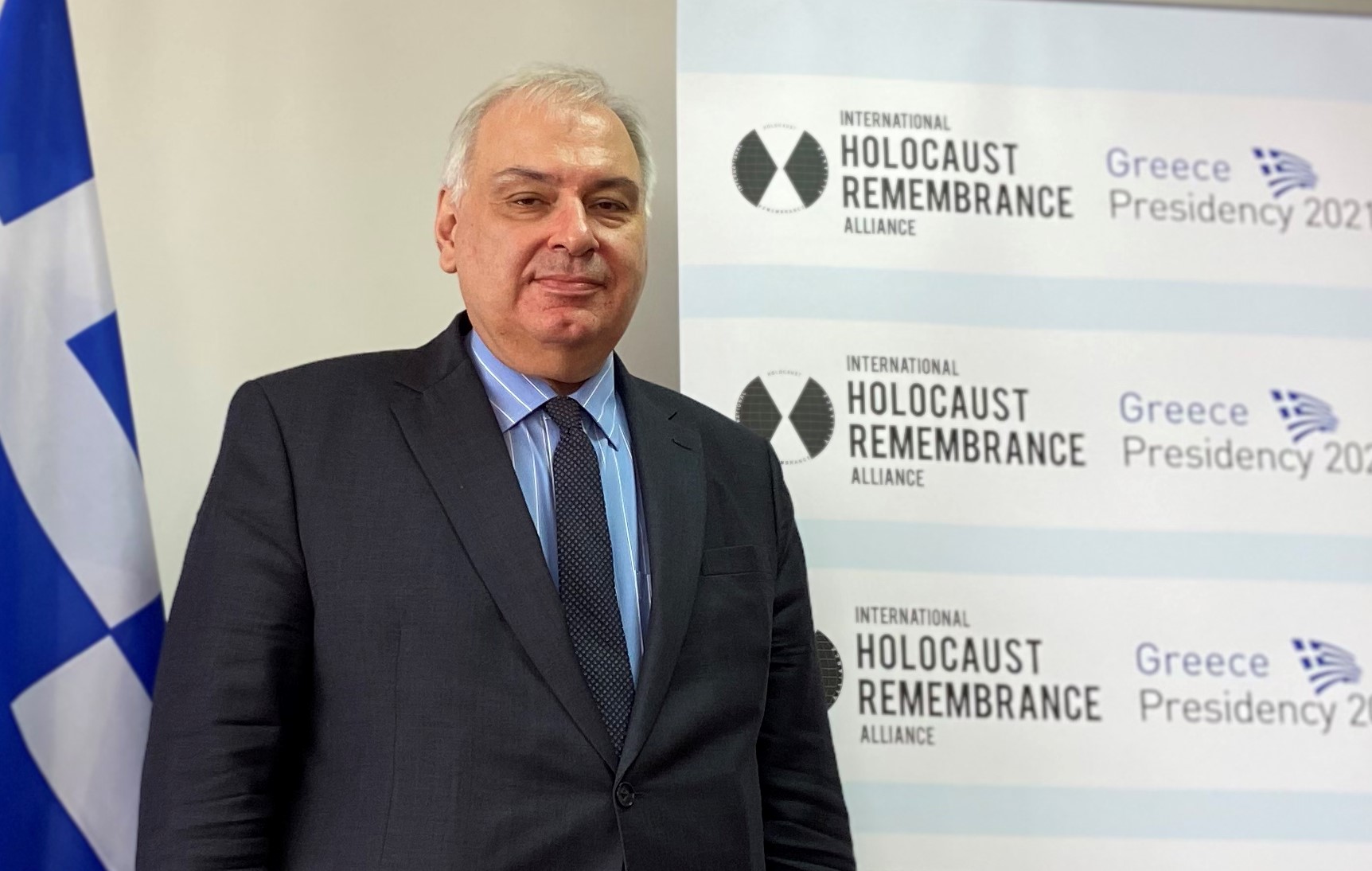
Chris J. Lazaris
Amb. Chris J. Lazaris, IHRA Chairman
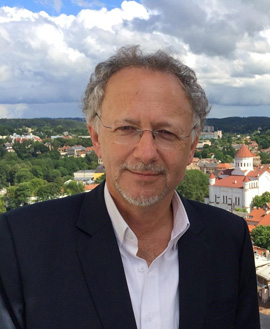
Fernand des Varennes
UN-Sonderbeobachter für Minderheitenfragen
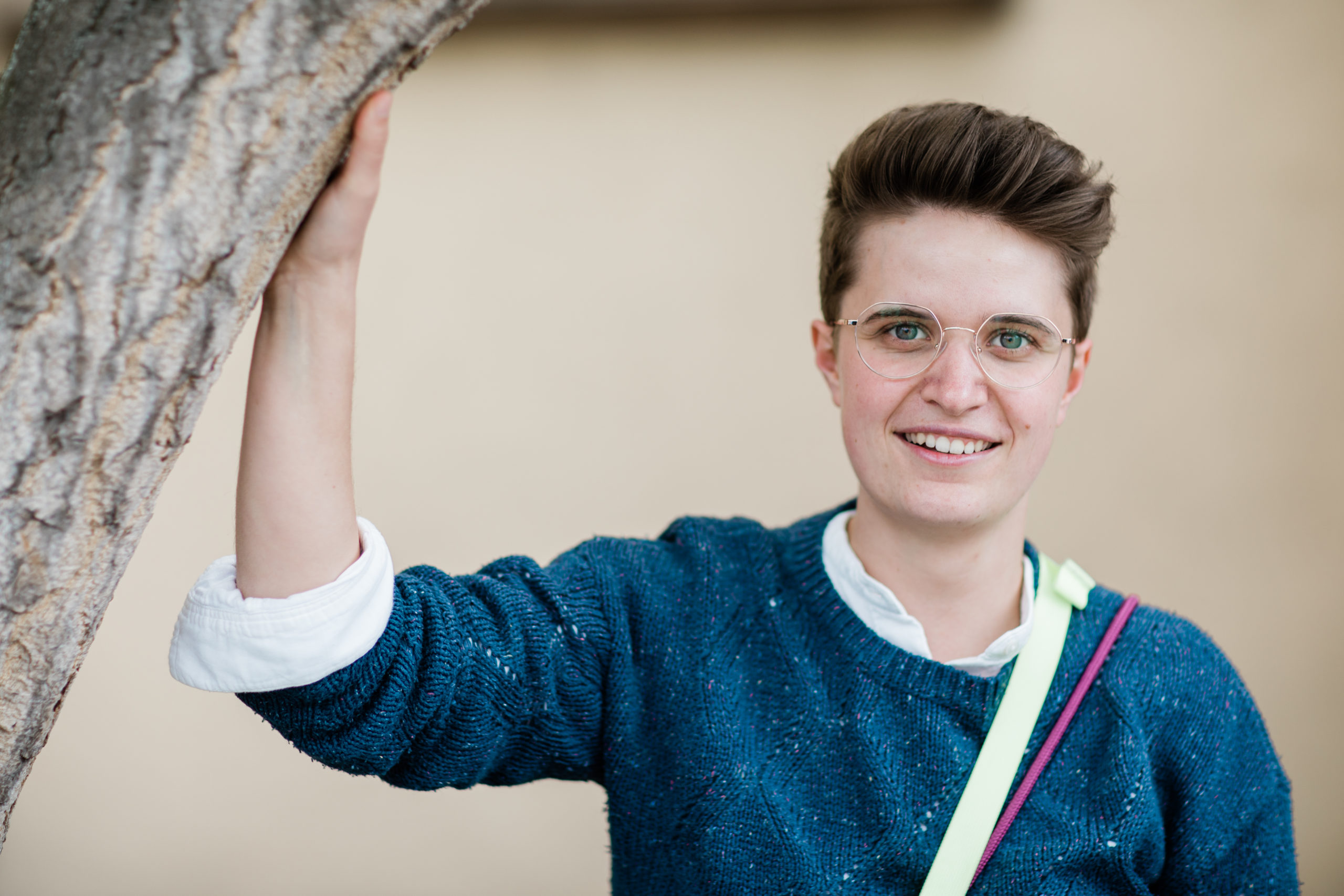
Anna-Nicole Heinrich
President of the Synod of the Evangelical Church in Germany (EKD)

Justin Trudeau
Prime Minister of Canada
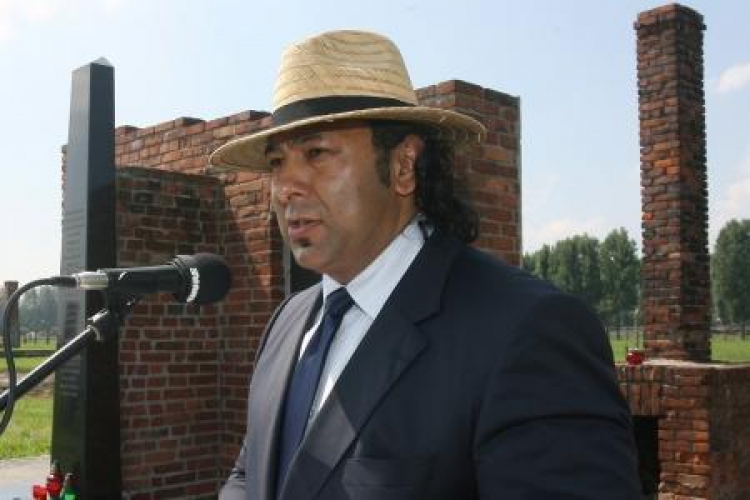
Roman Kwiatkowski
Vorsitzender der Gesellschaft der Roma in Polen
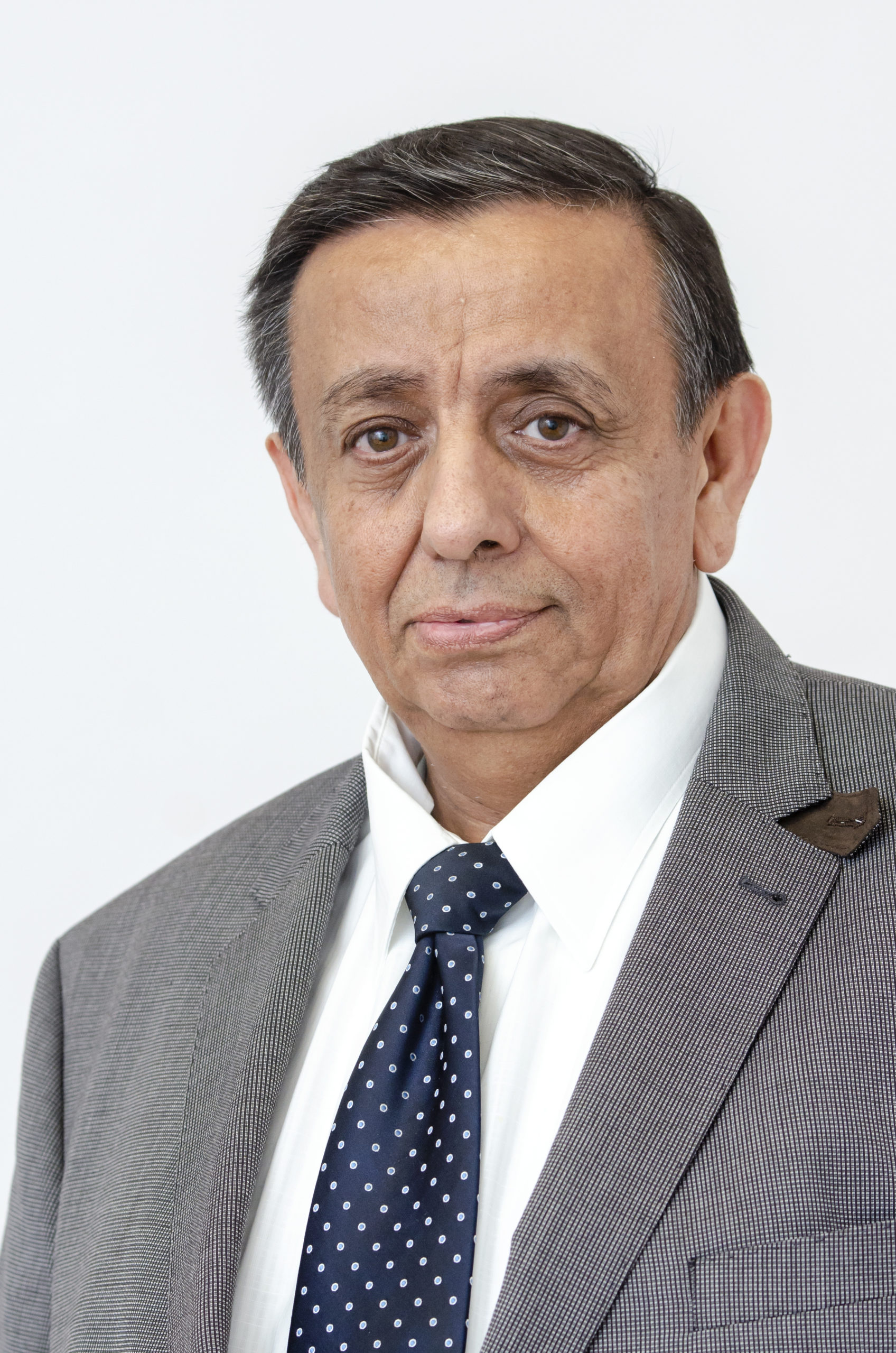
Erich Schneeberger
stellv. Vorsitzender des Dokumentations- und Kulturzentrums Deutscher Sinti und Roma und Vorsitzender des Verbands Deutscher Sinti und Roma – Landesverband Bayern

Timea Junghaus
Executive Director
European Roma Institute for Arts and Culture (ERIAC)
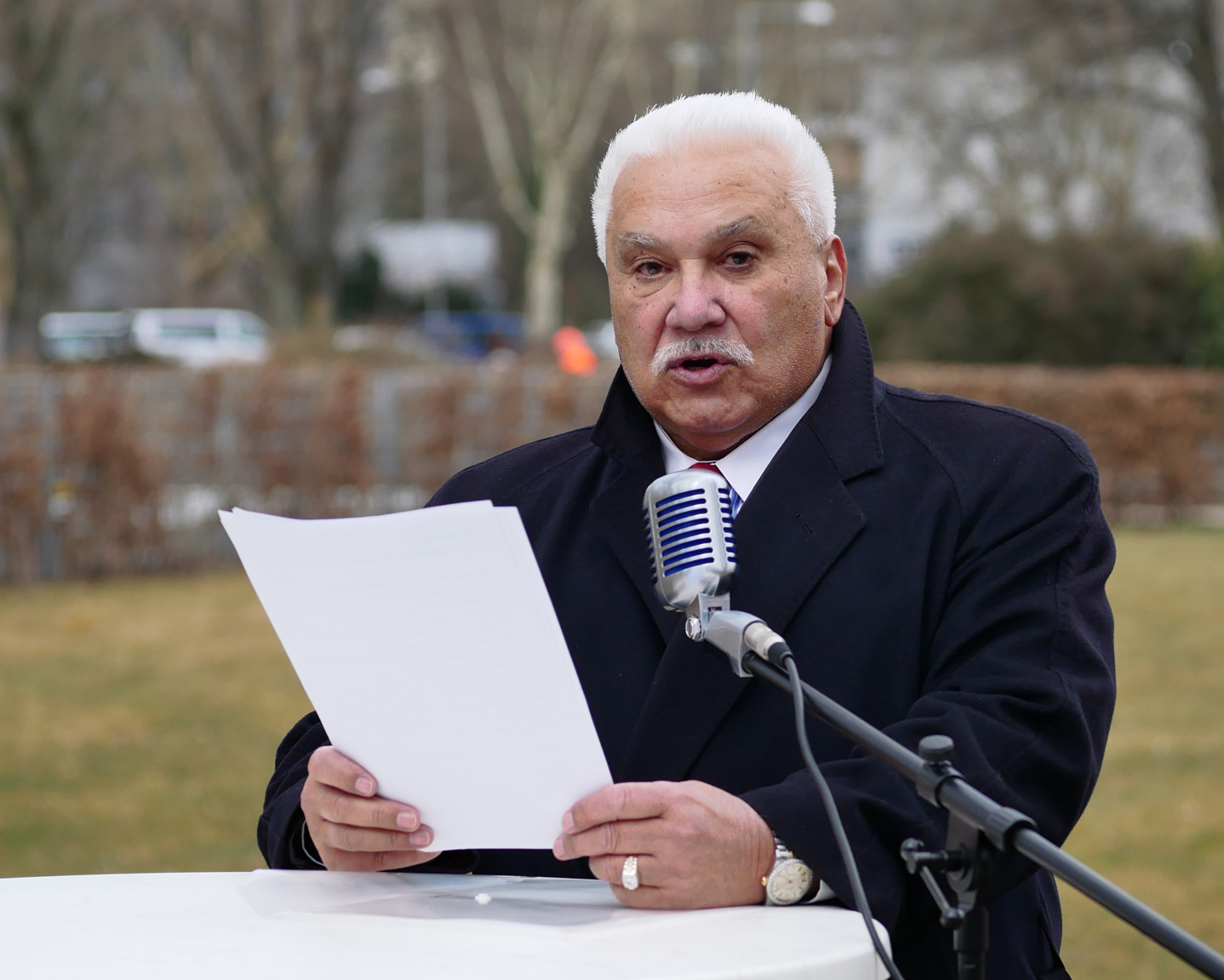
Adam Strauß
Vorsitzender des Landesverbandes Deutscher Sinti und Roma Hessen
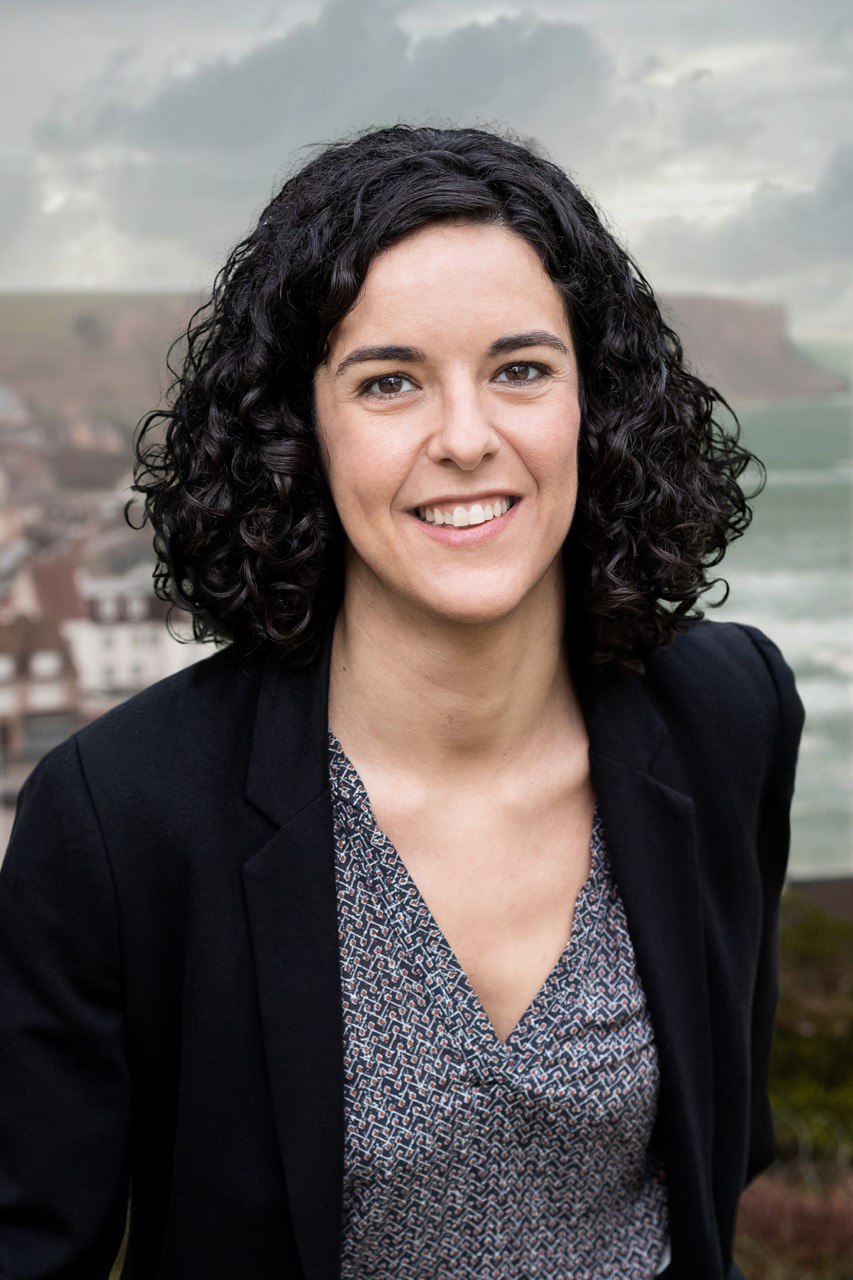
Manon Aubry
Manon Aubry, MEP
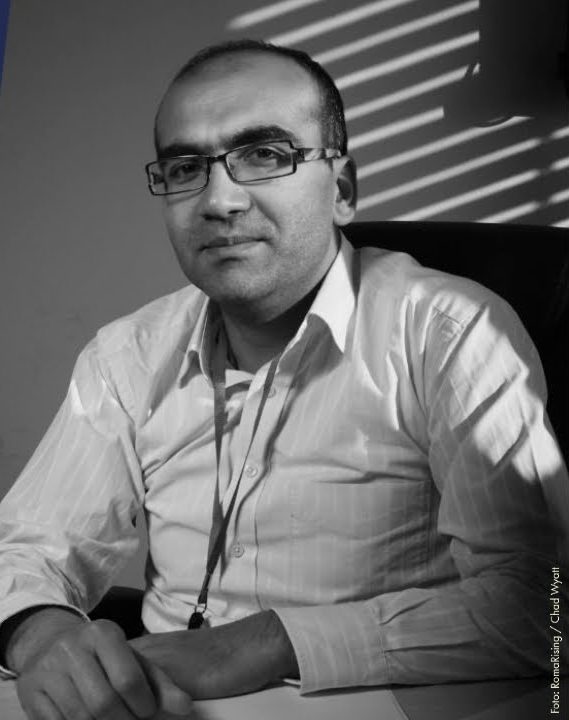
Adrian-Nicolae Furtuna
Historian at the University of Bucharest
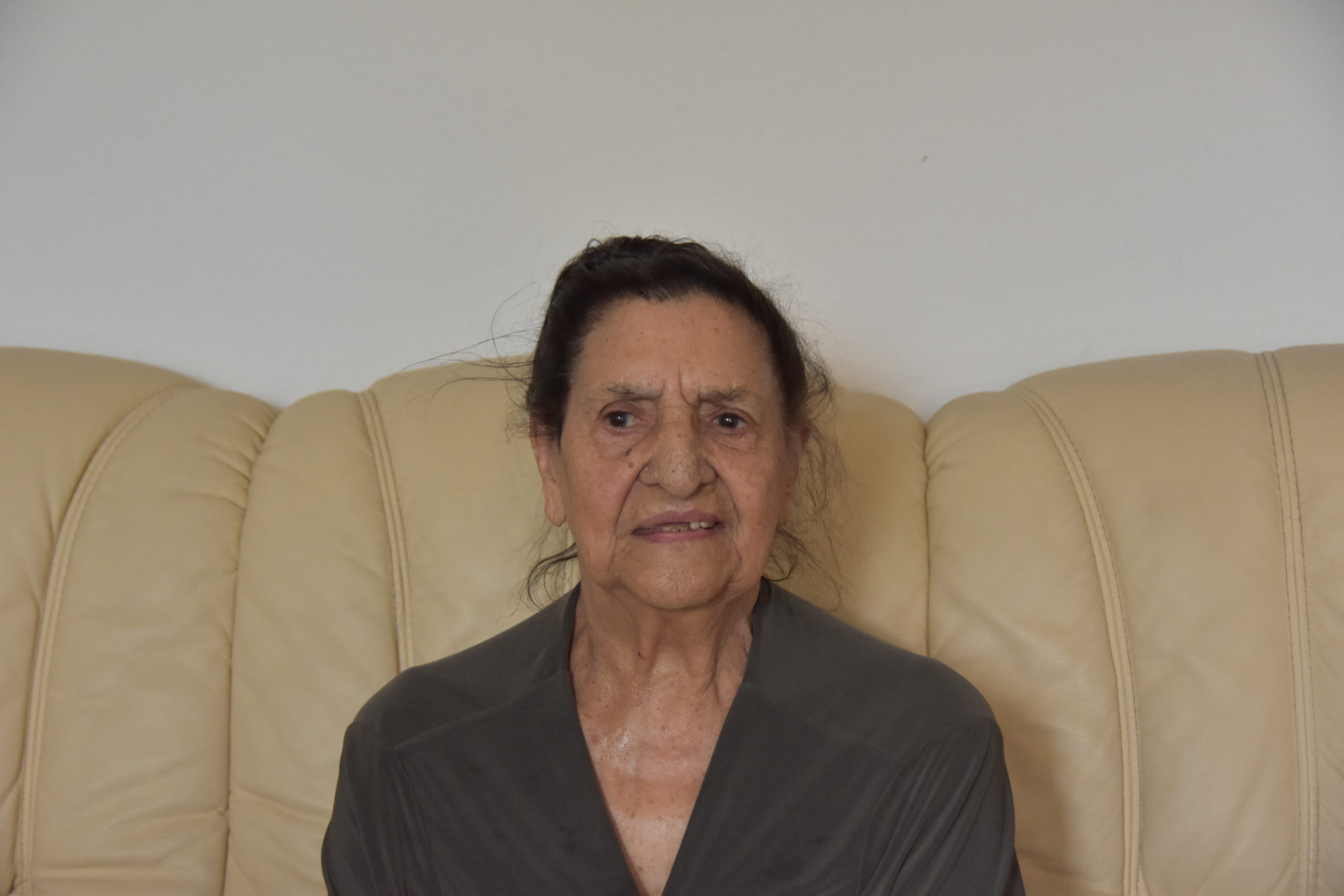
Philomena Franz
Holocaust-Überlebende

Angelina Kappler
German former Weinkönigin
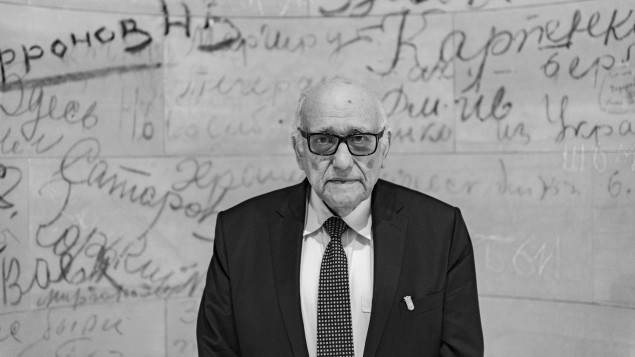
Marian Kalwary
Chairman of the Association of Jews,
Survivors and Victims of the Second World War










